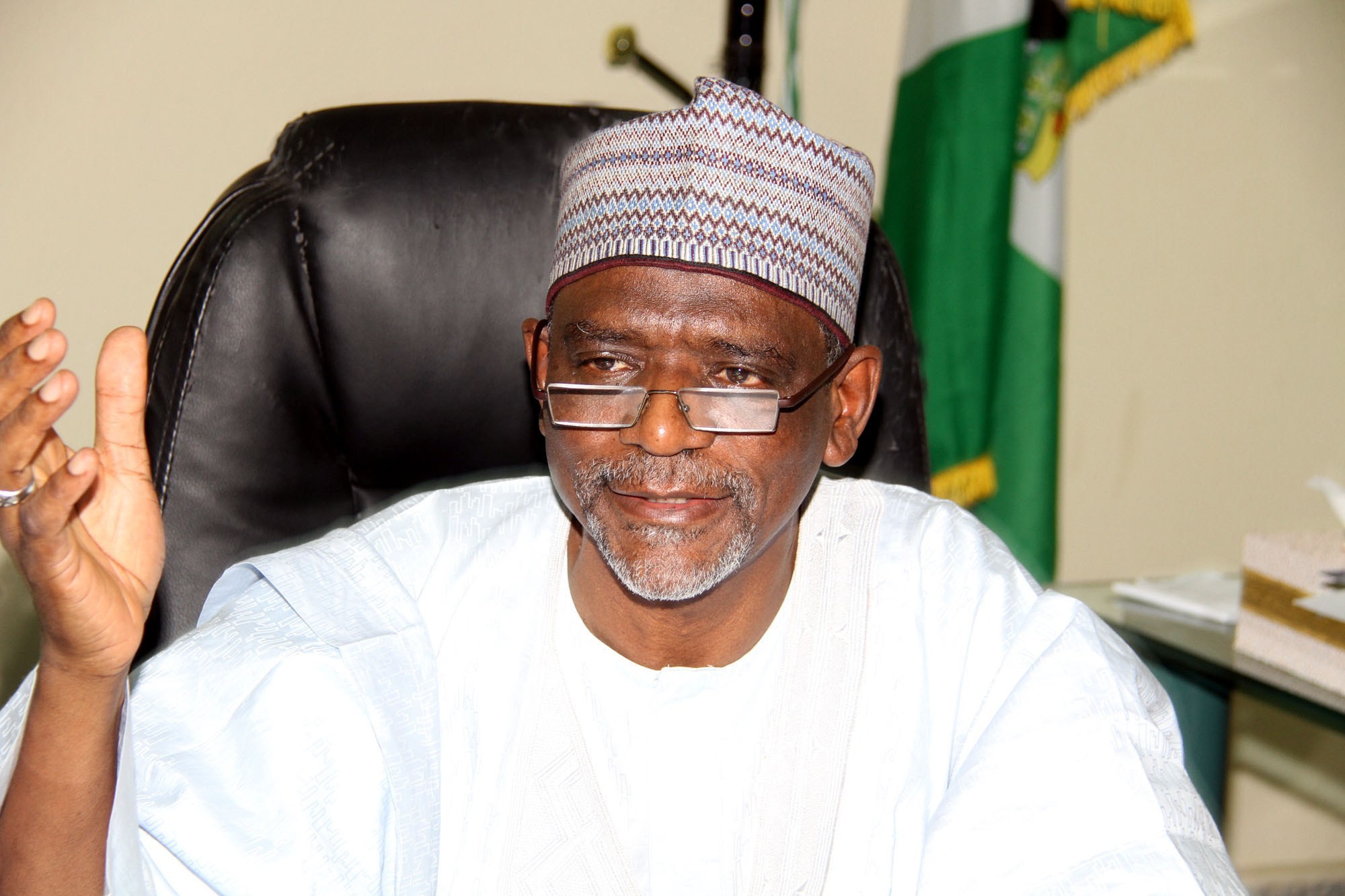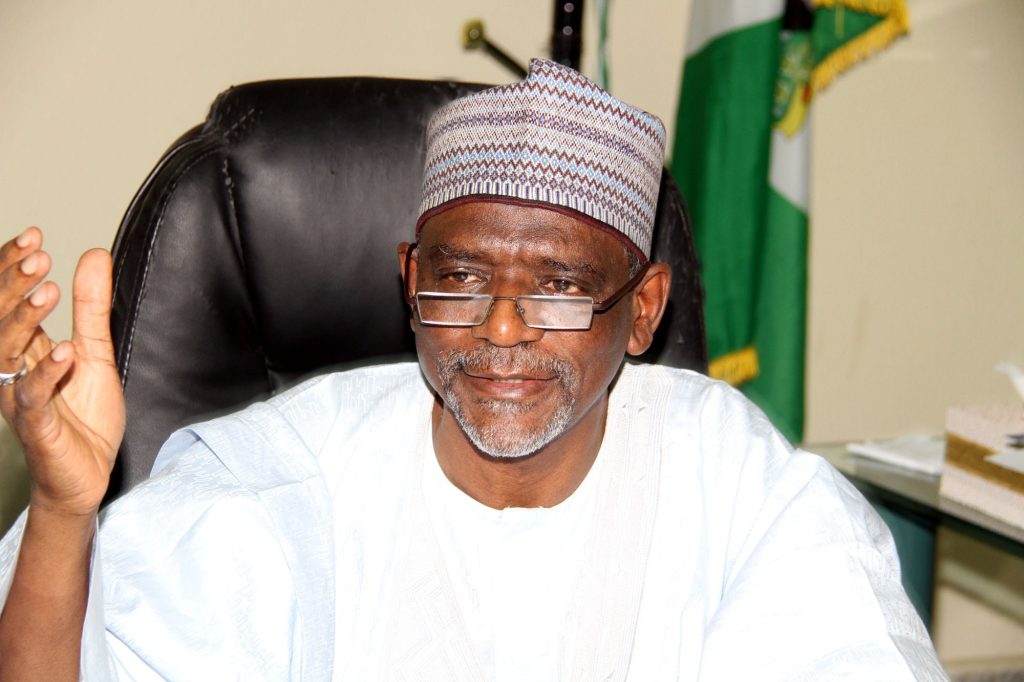

The Nigerian teacher has been given a new lease of hope by President Buhari. The President has been gracious to announce a special salary scale and a new retirement age for teachers in the country in commemoration of World Teacher’s Day. According to Adamu Adamu, the minister of Education, the new retirement age for public teachers have been pitched from ages 35 to ages 40 years in service.
This gesture shows that the Nigerian government is not lost on the fact that the COVID-19 Pandemic dealt a huge blow to the educational system and the welfare of public and private school teachers. Since many private schools earmark higher salaries for their teacher based on what obtains in the public school, the increase is, therefore, co-extensive to the entire primary and secondary school levels of the Nigerian educational system. Many pundits have praised the government for improving the lives of teachers, but urge that more need to be done to make the educational infrastructure attractive for many qualified graduates.
There is no gainsaying that many qualified graduates consider teaching as a stepping stone instead of a reliable and rewarding job. Therefore there are few people who are truly interested in the grooming of the leaders of tomorrow because of the poor welfare packages for teachers. The teaching
profession has become one of the most repudiated jobs in the country. This happens to be the case because the welfare of teachers is ignored and the teacher, in return, shows little or no interest in the welfare of the students.
Sadly, some of these teachers, who deserve value, and respect, must work secondary or menial jobs to make ends meet. Uncertainties, self-doubt, job insecurity loom over teachers. They have few incentives to work and
are often meant to teach in crippling and unpalatable environments. The FG has shown wisdom by increasing the reward system for teachers at a time where social distancing rules set for the reopening of schools will demand more teachers.
Sonny Echono, the Permanent Secretary of the Ministry of Education noted that Nigeria would need additional teachers and teaching materials to create an enabling condition for students in the new normal. It can also be recalled that VP Yemi Osinbajo expressed the commitment of the FG to revamp the Education sector. The Vice President that the FG was working at ways to reduce Out-of-School pupils, strengthen basic and secondary education, train and retrain teachers, and embark on a rigorous programme for adult literacy and special needs’ in the country. President Buhari noted that assuaging the pains and agitations of the Nigerian Union of Teachers by increasing their salaries and engaging their welfare was a means to encourage teachers to deliver better services.
The World Teachers Day, a UNESCO day held on the 5th of October is a good time to evaluate the progress Nigeria has made in the 1966 ILO/UNESCO Recommendations. The World Teacher’s Day with the theme ‘Teachers: Leading in Crisis, Reimagining the Future’ relates to the status of teachers in societal development at a time when the COVID-19 Pandemic demands the application of creativity, human resource management, and reimagination to keep the good work going. The 1966 ILO#UNESCO Recommendations sets global expectations for its signatories. The FG has made an attempt
to fulfill the 8th Point of the Guiding Principles of the ILO/UNESCO
recommendations thus ‘working conditions for teachers
should be such as will best promote effective learning and enable teachers
to concentrate on their professional tasks’.
However, there is no doubt that government interference in the employment of teachers in public schools and the undermining of the demands of infrastructural development by the Nigerian Union of Teachers remain aspects to be explored and improved by the Federal and State Governments. Until the Federal Government intervenes into the conditions of the decrepit classrooms while implementing technology into primary and secondary school education, it has not contributed to preparing young people for the highly competitive and technological world as soon as possible. School Infrastructure, which is physical facilities, educational facilities, and educational resources goes a long way to contribute to
academic achievement. The availability and non-availability of the same
have a debilitating effect on the quality of teaching and learning process, and in the long run, may undermine the cultural production of national figures.
Basic education in the views of education experts is the foundation of cultural production. It is the producer, not only of value but also of the ethos of a nation, especially in its fundamental link to national-building. Providing a lasting solution to decaying physical infrastructure and teacher shortfall in many public schools remain the most effective way of addressing the challenges of basic education.
Funding the educational system has also been at the fore of discourses in the educational system. The United Nations Educational, Scientific, and Cultural Organization (UNESCO), stated that at least 15% to 20% of the nation’s budget should be allocated to the education sector which, positively impacts national development. However, our education sector is below 10% of the national budget for the past several years. The 2020 National Budget had devoted 6.7 percent of the budget to the education ministry. The ministry got allocated 7.02 percent in 2019, 7.04 percent in the 2018 proposal, 7.4 percent of that of 2017, and 4 percent of the 2016 budget.
Although there has been a considerable increase in the government’s
investment in the education sector, it is obvious that
the funding of the sector remains below par.
This culture of underfunding the education sector has also reflected in the States. Budgit, a civic organisation, issued a 2018 Report which revealed that 12 States in the Federation have been unable to pay teacher’s salaries. The report noted that some states owe up to 30 months.
Recent Budgit Report shows that Kogi, Abia, Benue, and Ondo States have not been able to pay teacher’s salaries for at least four months. With this reality in mind, one must ask whether this FG Salary increase
trickle down to the states, or it is simply a gesture that hopes to
win the hearts and minds of teachers peradventure a labour strike
arises in no distant time. Until the States embrace the salary
increase and great welfare and infrastructure systems for teachers,
the FG may not be able to create a holistic change in the primary
and secondary schools in the state.
Read Also: Teachers Implore States to Pay New Salaries
The 2004 National Policy on Education states that ‘Education in Nigeria’
is an instrument ‘Par Excellence’ effective national development. It is, therefore, desirable for the nation to spell out clear terms, philosophy, and objectives that underlie its investment in education. It is the only sector
in the economy that has the primary responsibilities of human resources development from cradle to adulthood, for the purpose of national development.
Peace Omenka and Femi Morgan
Photo Credit: IndependentNG

